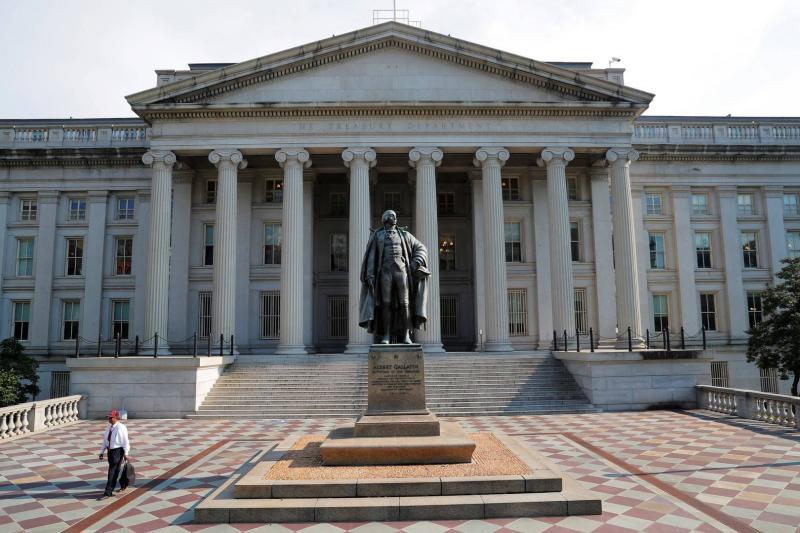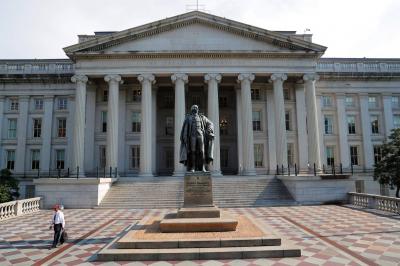The U.S. Department of the Treasury announced new sanctions related to Syria. The report stated that the two companies assist the government in maintaining access to the global financial system in violation of sanctions, marking Washington's first action against Syria since its reintegration into the Arab League. The Treasury accused the financial services companies, "Al-Fadel" and "Al-Adham" exchange, of aiding the government of President Bashar al-Assad and its allies, Hezbollah and the Quds Force of Iran, a branch of the Iranian Revolutionary Guard.
These sanctions, imposed under the Caesar Act, come after Arab countries earlier this month turned a page on years of confrontation with Assad and readmitted Syria into the Arab League, signaling a milestone in its regional return, even as it continues to be shunned by the West following years of civil war. The Caesar Act also led to a stringent round of sanctions placed on Syria in 2020. The United States has stated that it will not normalize relations with Assad and that Syria does not deserve reacceptance into the Arab League.
**Two Exchange Companies**
The "Al-Adham" exchange company is a joint-stock company established in 2008, which operates according to information on its website "within the Syrian Arab Republic. It buys and sells foreign currency notes and executes incoming remittances in foreign currencies or Syrian pounds, in addition to all activities related to exchange companies or as assigned by the Central Bank."
As for the Fadel company, according to a summary on its website, it "started operations in 2010, and in 2015 became a private joint-stock company licensed by the Central Bank of Syria under the Financial Institutions Licensing Law. At the beginning of 2017, it launched a strategic vision to meet the needs of reconstruction and to serve its clients wherever they were. By 2018, the company officially began expansion and launched new branches within the Syrian Arab Republic and contracted with agents in and outside the country to meet the personal and commercial needs of its clients."
The company emphasizes on its website that it combats money laundering: "Al-Fadel Exchange and International Remittances Company is committed to combating money laundering, fraud, and the financing of terrorism, focusing its policy on compliance with the instructions of the Central Bank of Syria and the recommendations of the Anti-Money Laundering and Terrorism Financing Authority. The company is well aware of its role in working with various sectors and bodies in the Syrian Arab Republic to stop money laundering, terrorism financing, and fraud, which is why we monitor all transactions with precision, and any suspicious transaction will be handled by the company's compliance department according to the Anti-Money Laundering and Terrorism Financing Law."




